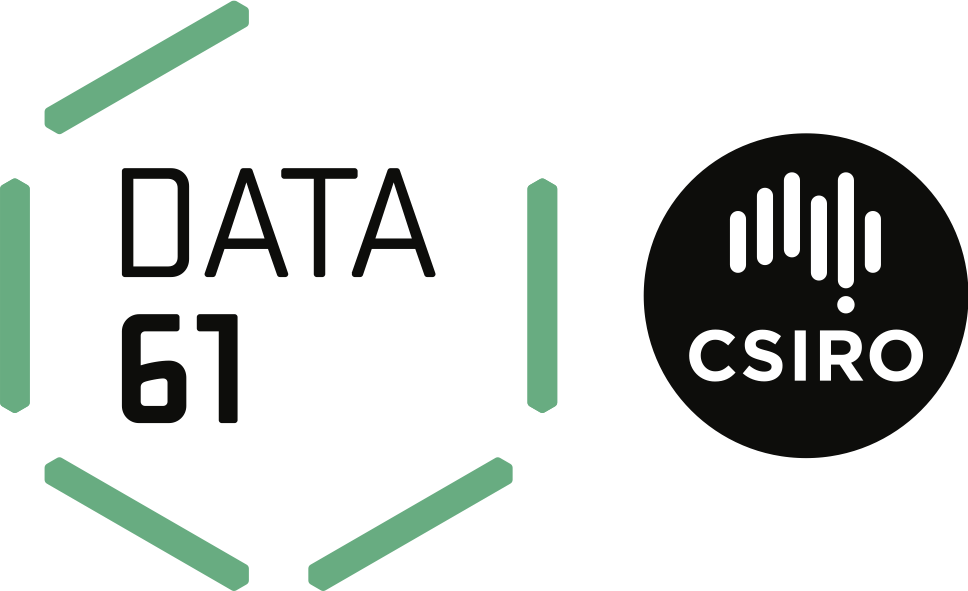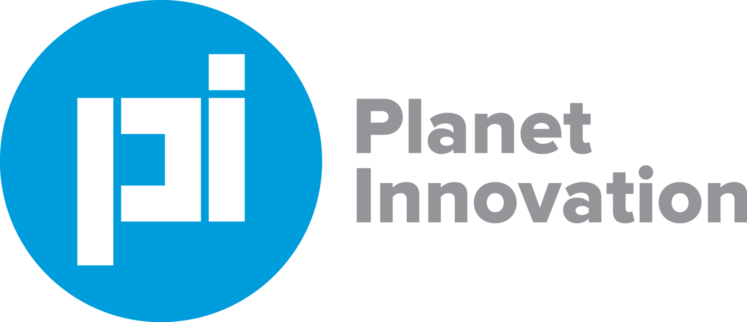By now you have probably all heard about Python static typing. But why should you care? Are types in Python even Pythonic? Is Python turning into Java? In this talk I’ll try to answer these questions and explain how type annotations helped my team scale 4x and make developers happier.
By now you have probably all heard about Python static typing. But why should you care? Are types in Python even Pythonic? Is Python turning into Java? Type annotations are Pythonic, trust Guido’s word for it, and Python is definitely not turning into Java.
The greatest benefit of types in large Python codebases is the fact that the input and output structures of a function are obvious from just looking at the signature. In the untyped world the definition for the class you are looking for may be N jumps away, hidden somewhere deep in the codebase, and you don’t have a direct reference to it. In the best possible case grepping for it will yield just a few results and you will be able to spot what you are looking for. In the worst case though, you will have hundreds of hits and you will have to start your application and inspect the type at runtime to figure out what is going on, which make the development cycle slow and tedious.
Come to this talk if you want to know more about the typing system in Python, how to gradually add it to your codebase and what benefits will your team get in the long run! I will also cover some advanced tools like the runtime type collection system, MonkeyType, and the just open sourced type checker, Pyre!
Watch 'Why you should care about types: How Python typing helped my team scale' on PyCon AU's YouTube account

Luka Sterbic
Facebook
https://github.com/Sterbic
Luka Steric is a Software Engineer at Facebook. He joined the London office in 2016 after receiving his Master’s Degree in Computer Science from the University of Zagreb (Croatia). During his time in university his focus was mainly on bioinformatics, especially next-gen DNA sequence assemblers. Before joining Facebook he interned at the Genome Institute of Singapore and at the International Monetary Fund in Washington DC. He is now part of the Dumont team and works on automated x-repo testing, scenario verification and product monitoring. He is also an Open Source contributor to various Python projects like Typeshed and Black.



























